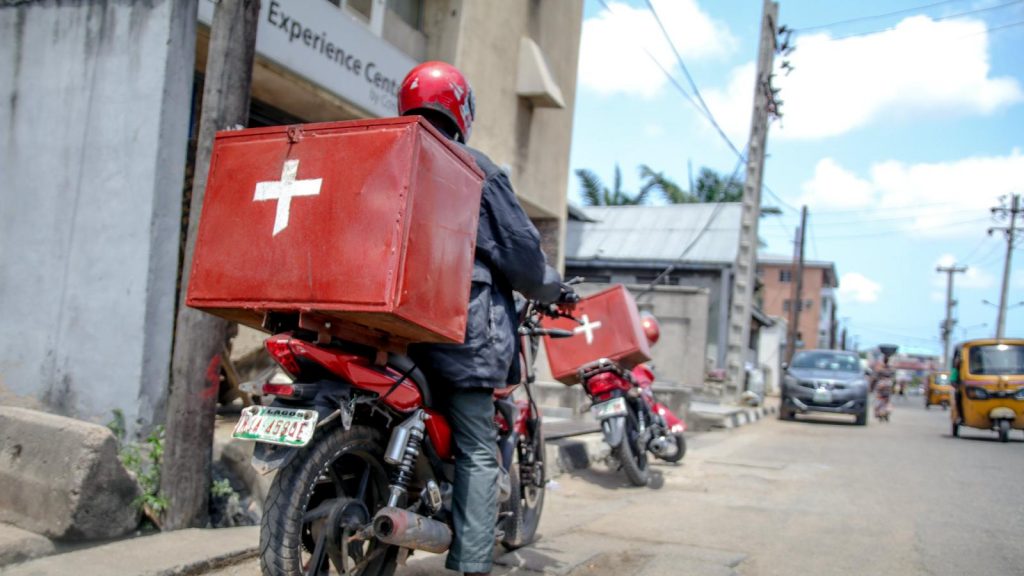“The only reason why I survived was because I had access to an excellent healthcare system.” Temie Giwa-Tubosun told The Guardian. “It made me think: what about the women who don’t?” Scared and in pain after suffering excessive bleeding during the birth of her son, Temie did not want to become one of the many Nigerian women who do not go home with their newborns.
Nigeria’s maternal mortality rate is one of the highest in the world – 814 deaths per 100,000 live births – and postpartum hemorrhage is the leading cause. But because of the country’s major blood shortage, women and girls without access to quality healthcare will continue to die from blood loss and children will continue to grow up without their mothers. So Giwa-Tubosun founded LifeBank, the first digital blood bank and a beacon of hope.
Since its inception in 2016, the company has been working tirelessly to help turn those numbers around. And it shows. Giwa-Tubosun and her team have moved around 17,000 units, served over 850 hospitals, and saved over 5,200 lives, making LifeBank Nigeria’s invaluable solution to promising Nigerian women and girls the life they deserve with their new babies.


Responses